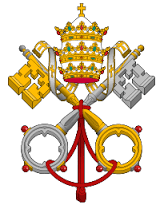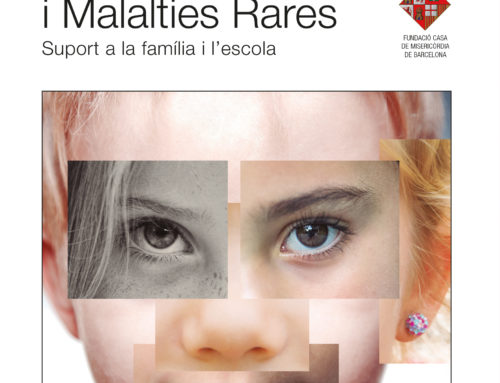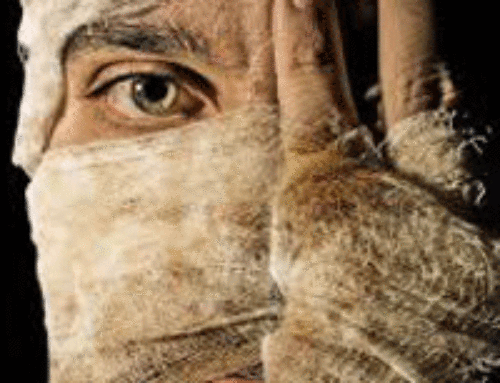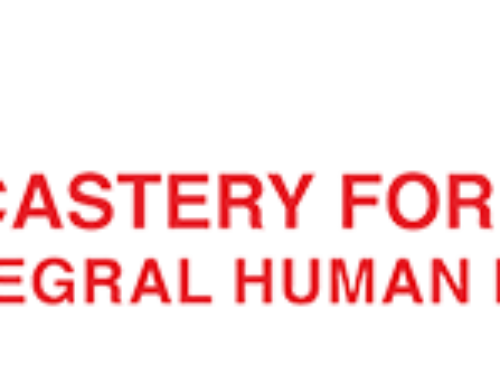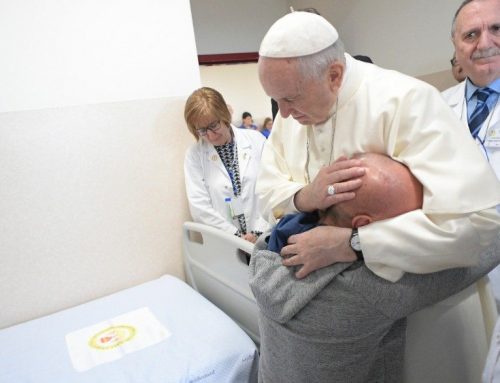Madam Moderator,
As this is the first time that the Holy See takes the floor during this 2021 OSCE Asian Conference, my Delegation would like to thank the Ministry of Foreign Affairs of Thailand, the Ministry for Europe and Foreign Affairs of Albania and the OSCE Secretariat for organizing this conference on “Common responses to emerging challenges in advancing comprehensive security”.
The COVID-19 pandemic has reminded us of the frailty of human life and has highlighted our interdependence. Therefore, this crisis could be an occasion to “build a more fraternal and compassionate society”.[1] Among the lessons that we may draw from the crisis is that responsible behaviour and solidarity are critical so as not to put others at risk.
Along those lines, it is well known that human rights and fundamental freedoms come with responsibilities. Moreover, we understand that OSCE commitments, as well as international human rights documents, provide for their derogation or limitation only under certain particular circumstances and conditions, where the protection of the society as a whole takes precedence over that of an individual.
Madam Moderator,
The COVID-19 pandemic has dramatically highlighted inequalities that put those in vulnerable and precarious situations at the greatest risk of suffering.
Whereas social distancing is quite feasible for wealthy people in their comfortable homes, it becomes very difficult, if not impossible, for poor people or migrants, crowded in urban slums or refugee camps, not to mention people serving time in prison. Particular protective measures, including access to medicines and vaccines, are needed and appear most urgent for them.
In addition, the pandemic has underlined that the inequitable access to information and online resources may result in more casualties in times of health emergency, especially when crucial information on COVID-19 is not available for all. Without equal access to responsible, transparent, and current information, a cacophony of unproven assumptions can instead spread and greatly increase security and health risks.
Finally allow me to highlight the need for more support for working women, in particular, but not only, those employed in the public health sector “Women urgently need help with childcare, and should not be discriminated against in terms of pay and advancement, or with the loss of their work as women,” Pope Francis stated in a book-length interview, “Rather, their presence is increasingly precious at the centre of the processes of social, political, occupational and institutional renewal.” [2] Women are needed in the renewal of society and the economy.
Thank you, Madam Moderator.__________________________[1] Pope Francis, Video message to the General Assembly of the United Nations, 25 September 2020.
[2] Cfr. Papa Francesco, Dio e il Mondo che Verrà.

